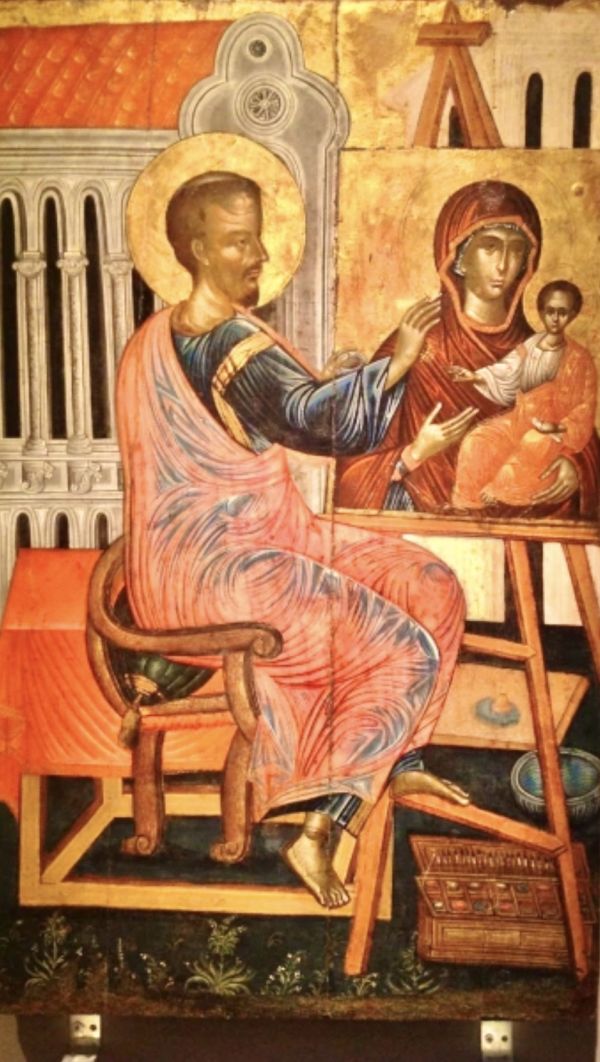And move the neighbors
(Lk 10:1-9)
Jesus notes that the Apostles are not free people (cf. Lk 9). Their way of being is so grounded on standard attitudes and obligatory behaviors that it translates into impermeable mental armour.
Their predictability is too limiting: it gives no breathing space to the path of those who instead want to reactivate themselves, discover, value surprises behind the secret sides of reality and personality.
That wich remains tied to ancient customs and usual protagonists doesn’t make you dream, it isn’t an amazing appearance and testimony of Elsewhere; it takes away expressive richness from the Announcement and from life.
The Lord is forced to call the Samaritans [the heretics of religion] gathered elsewhere, not coming from "correct" observances, but able to walk, understand, and not be picky.
The new envoys go on the road helpless. Not being able to count on the usual tricks, they are certainly damaged, defrauded and - if they touch all the exposed nerves - torn to pieces.
But their being modest and not doctoral makes us reflect, arouses new knowledge, and awareness. Thus their spontaneous and innocent friendship.
In blocked situations this "disorder" of new amazements will introduce renewed charm, evoke potential, widen expressive opportunities and everyone's field of action.
Once in a territory, it will be good not to go from house to house: from a makeshift accommodation, to the apartment, the villa, and then the palace, because the search for better comforts makes God's Novelty disappear.
The care of the sick and deviations is a cornerstone of the Mission, because it’s precisely from insecurities or eccentricities that a different Kingdom sprouts, the one that notices and takes charge - in the love of those who do not abandon.
And let no time be wasted by combing the “sitting” environment: even a voluntary removal educates to be free.
The momentum of life will awaken consciences and prevail over the negative: on the path that belongs to us, accusations will count for less and less.
Unlike the fruitless action of the Apostles (Lk 9 passim), the return of the new evangelizers is full of joy and results (vv. 17-20).
It’s the last and different ones who bring down from "heaven" - and replace - the enemies of humanity and of our Gladness (vv. 5-6).
In the perspective of the Peace-Felicity [Shalom] to be announced, what had always seemed imperfections and flaws become preparatory energies, which complete and fulfil us also spiritually.
Now the flourishing Salvation (life as saved persons) is within reach of all (v.9), no longer a privilege.
The sides judged to be crazy, extraneous or materially inconclusive are preparing our new paths.
In the great Mystery of perceiving oneself as ‘being in the Gift’ - «two by two» (v.1) to live in fullness - the self understands the opposite polarities of its essence.
Only thus ‘widened’ do we become a being with and for the other. On the Way, in the form of the Cross.
[St Luke the Evangelist, October 18]












